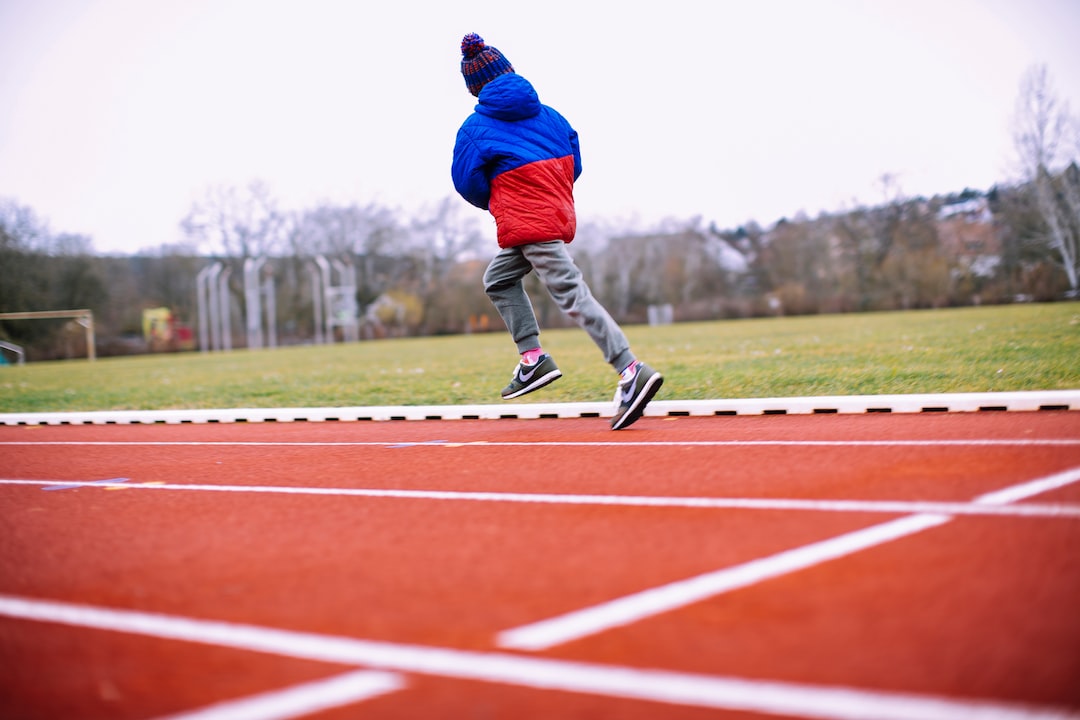The Mental Game: Strategies for Overcoming Sports Anxiety
Participating in sports requires physical strength, endurance, and skill. However, even the most talented athletes can succumb to the pressure and anxiety that comes with performing in high-stakes situations. Sports anxiety can greatly impact an athlete’s performance, leading to decreased confidence, focus, and ultimately, poor results. In this blog post, we will explore strategies for overcoming sports anxiety and improving mental resilience in order to excel in the competitive world of sports.
Recognizing Sports Anxiety
Sports anxiety manifests differently in each athlete, but common symptoms include nervousness, restlessness, racing thoughts, increased heart rate, and an overall sense of dread before a game or competition. It is crucial to recognize these signs and acknowledge that anxiety is a normal response to high-pressure situations. Many professional athletes, despite their exceptional physical abilities, have admitted to experiencing anxiety before big games. By accepting that anxiety is a common occurrence, athletes can begin to develop strategies to manage and minimize its impact on their performance.
Building a Strong Mental Foundation
Athletes often focus solely on their physical training, neglecting the mental aspect of their sport. However, mental resilience is just as important as physical prowess. Building a strong mental foundation involves maintaining a positive mindset, visualizing success, and setting achievable goals. Affirmations and positive self-talk can help athletes shift their mindset from one of doubt and fear to one of confidence and determination. Visualizing successful performances can also help athletes reduce anxiety and increase self-belief, ultimately improving performance on game day. By setting achievable goals, athletes can break down the process of success into smaller, manageable steps, easing anxiety that may arise from the pressure to perform at a high level.
Utilizing Breathing Techniques
Deep breathing exercises are a powerful tool for managing anxiety and boosting focus. When faced with anxiety-inducing situations, such as high-pressure competitions or critical moments in a game, athletes must remember to take slow, deep breaths. This helps activate the body’s relaxation response, reducing heart rate and promoting a sense of calm. Athletes can practice deep breathing during training sessions and incorporate it into their pre-game routines, enabling them to use this technique effectively during moments of intense pressure.
Finding a Routine
Establishing a pre-game routine can help athletes feel more in control, reduce anxiety, and improve focus. A routine can include activities such as listening to calming music, engaging in light stretching or meditation, or completing a specific warm-up routine. By following a consistent routine, athletes create a sense of familiarity and stability, allowing their mind and body to prepare for the upcoming competition. Routines also help athletes transition from their everyday life to the competitive environment, enabling them to enter the game with a clear and focused mindset.
Refocusing Techniques
In the heat of competition, it is easy for athletes to lose focus and become overwhelmed by anxiety. To combat this, athletes need to develop refocusing techniques that can help bring their attention back to the present moment. One effective refocusing technique is the “STOP” method – Stop, Take a breath, Observe, and Proceed. By taking a moment to pause, breathe, and observe their surroundings, athletes can regain control of their thoughts and redirect their focus to the task at hand. Additionally, learning to let go of mistakes and maintaining a positive outlook during the game is essential. Dwelling on errors will only increase anxiety and hinder performance, whereas embracing a positive mindset allows athletes to bounce back quickly and stay mentally in the game.
Seeking Support
Sports anxiety is not something athletes should face alone. Seeking support from coaches, teammates, friends, or even sports psychologists can be instrumental in overcoming anxiety. Speaking openly about one’s fears and concerns can help alleviate stress and provide valuable advice and guidance. Coaches can help create a supportive and nurturing environment, offering strategies specific to an athlete’s needs. Support from teammates creates a sense of solidarity, reminding athletes that they are not alone in their struggles. And for athletes who require additional assistance, sports psychologists can provide specialized techniques and interventions designed to address and overcome sports anxiety.
Conclusion
Sports anxiety can be paralyzing and detrimental to an athlete’s performance. By recognizing the symptoms of anxiety and working on mental strategies, athletes can overcome their fears and excel in their chosen sport. Building a strong mental foundation, utilizing breathing techniques, implementing a pre-game routine, refocusing techniques, and seeking support are all essential strategies for managing sports anxiety. Remember, the mental game is just as important as the physical game, and with practice and perseverance, athletes can conquer their anxiety and achieve success on the playing field.

